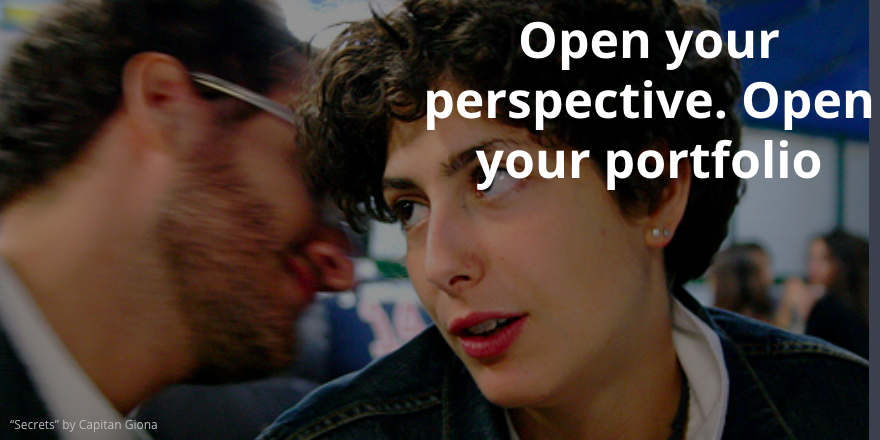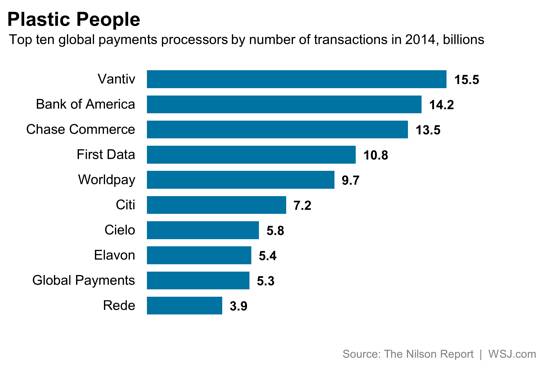Steven Mendel is the CEO and co-founder of Bought by Many.
Why is buying insurance so hard?
There has been a lot of innovation/ change in the way in which consumers buy and interact with most retailers/ distributors in most industries, just this change has not arrived in the insurance world – so we are all forced to deal with intermediaries to buy insurance through poorly designed web offerings. So rather than saying buying insurance is hard, I prefer to say that it hasn’t moved on, in the same way that most other industries have.
Also, everyone dreads having to renew/ take out an insurance policy, not knowing who to buy from, how much cover to buy, whether they are being ripped off, etc.
How does Bought by Many change that? How does it work?

Consumers are used to transacting on their mobile phones, and indeed 70% of Bought by Many members join us on a mobile device – this is the medium consumers are now demanding.
We enable our members to interact with others looking for the same type of insurance to discuss this with them. We work with each group to help individuals get a better deal on their insurance.
We write a lot about the complexities around insurance decision-making and encourage our members to share their insights as well, making the whole experience much more social and less about the individual, thereby giving our members much more comfort that they are making a good decision.
What’s the genesis story — where did you and your co-founder come up with the idea?
Was there a personal reason? Both Guy and I have been frustrated with the financial services industry that takes advantage of individuals in a way that the industry doesn’t take advantage of other corporates – evidence is widespread: group life assurance is much cheaper than individual life assurance — retail share classes in unit trusts can be 3-5 times the price of institutional share classes for the same fund.
My personal example was in private medical insurance where the price for me was four times as a self-payer compared to the same offering from the same insurer when part of a corporate scheme.
How does arranging insurance buyers in groups change the dynamics of the underwriting/brokerage relationship? At what benefit to your users?
We cut the traditional face-2-face broker out of the equation – which has been costing consumers 30-35% per annum and instead use that saving to improve terms for our members.
You recently bought an insurance underwriter in the pet insurance industry. Why?
We are keen to show consumers and the industry what a great mobile-designed customer experience can be like in the insurance industry and found that the only way to achieve this was by being able to own the whole customer journey – hence the acquisition. Watch this space for the launch of this new experience soon….
What’s next for users of BBM — product enhancements/services?
So the roll out of the new customer experience for a small number of our groups is definitely next. We’ll then be expanding this to a number of other groups. We recently launched our first private medical insurance groups, which you’ll appreciate from my personal experience above, was important to me. We’ll be adding more medical insurance groups in the coming months, so if you don’t find what you are looking for now, let us know!























